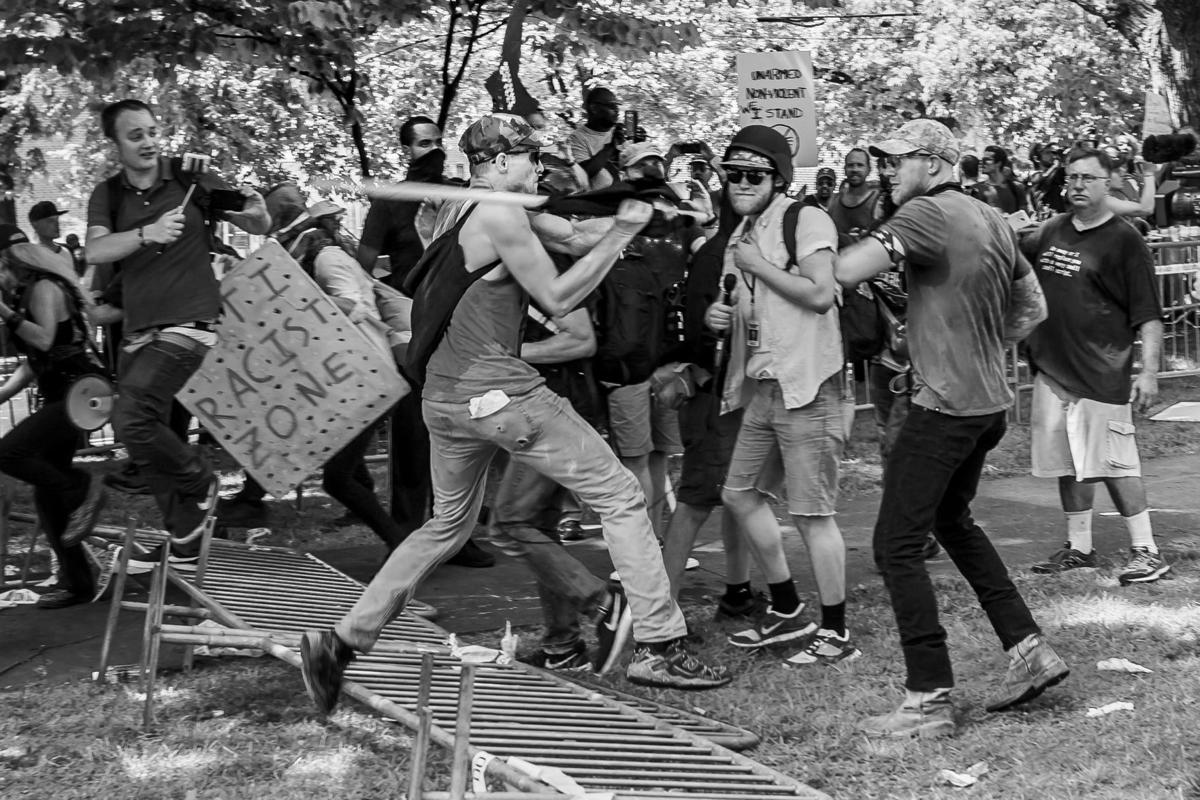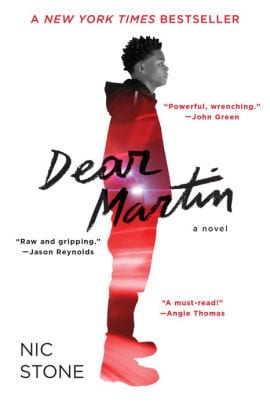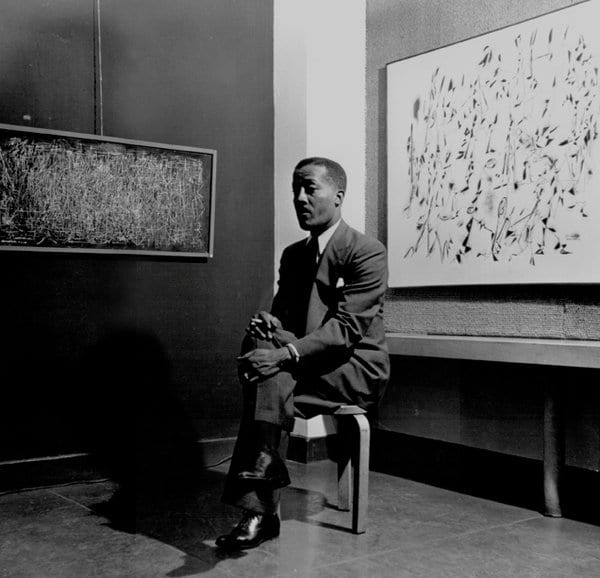Civil Rights.
This is a phrase generally associated with the set of rights that are designed to protect individuals from unfair treatment; they are the rights of individuals to receive equal treatment and to be free from discrimination based on certain legally-protected rights. This is going to be the focus of my post.

Civil rights are a necessity in order to have a just society. If even one person is denied their basic, constitutional rights, then that opens up the possibility for that right to disappear completely. For example, the right to free speech has been threatened by some social media networks (ie: Facebook) as well as influential people (Alexandria Ocasio-Cortez) in order to oppress others and push their political agenda (I could go on, but I don’t have time to go down that rabbit hole).
Thoughout history, there are a plethora of examples of civil rights movements but few are more iconic then the black rights movement between the 1950’s and the 1960’s. Lucky for all of you, this is what my class has been studying for the last three or so months.

In addition to an end-of-unit project, which I will get to shortly, there were three activities that helped us with our learning:
- A blog post. We created a blog post to show how a past civil rights individual, place, or event mirrors a modern civil rights individual, place or event.
- A book. We read the book Dear Martian.
- Socratic seminars.

One of the first things we did in this unit was create a blog post. Now you may or may not have seen the post that I created so I provided a link below for your reference. The plan for this post was to compare a past civil rights event to one from modern day and explain how the two events mirrored each other.
I chose to compare former American president Lyndon B Johnson’s “We Shall Overcome” speech with former American president Barrack Obama’s 2015 Selma March Anniversary speech. While I worked on this project, I realized history repeats itself a lot. It seems that many events throughout history have a way of showing up, slightly altered, later in time. That is the case with these two speeches and it actually connects to our last unit where we discussed the Salem Witch hunts and how they have been seen throughout recent history, specifically during the McCarthy Trials of the 1950’s.
Following the civil rights blog post, we were given a reading assignment. We were to read Nic Stone’s novel “Dear Martin”. This was a story about an academically advanced young African American boy named Justyce who is attending his last year of high school. The book focuses on Justyce’s struggle against racial profiling and bias through fictional letters he writes to Dr. Martin Luther King. Thoughout this book, I discovered just how prevalent racism is in our society today. One of the characters in the book chose to actively ignore the racist actions going on around him, claiming that all people in society were now equals. I think that this is a very common attitude found in people of privilege today; actively ignoring inequality and racism, essentially claiming ignorance, which neglects our responsibility to helping to address the issue.
Intermittently through our reading of Dear Martian, my class and I would gather into a circle for 20 minutes to participate in a socratic seminar. A socratic seminar is a formal discussion around a text or video in which the participants ask open-ended questions to the group. Group members then answer those questions by articulating their own thoughts. During the seminars, we would discuss text and movies relating to the black rights movement. The greatest take away I received from these discussions was that it didn’t matter how popular you are or what you did, if there is prejudice, there will always be someone who will discriminate against you. The only control you really have is in how you deal with it.

Now, last but not least, the End-of-Unit project!
Our final end-of-unit project was a video. Our goal was to create, in pairs, a video around the theme of how an individual can change a system. In this theme, we had to have at least one link to Canada. Unfortunately, me and my partner failed to incorporate that into our fist draft (oops!) but did in the next.

I worked on this project with none other then Samuel Schewe. Our first step to creating our video was to come up with a thesis. The thesis we created was “ how do artists and their art change a system? “ Now, I immediately recognized that I was creating a video from the perspective of an upper middle-class, caucasian male. I know that I haven’t been the victim of discrimination or unjust actions, that I am aware of. That meant that I needed to do some intense research to find good subjects to feature for our thesis.
While I was researching topics, I was listing to music on my phone. I decided to put my music on shuffle and the very first song that came on was Mr. Bojangles by Sammy Davis Jr. From that music, I realized that me and Sam should do our video on artists, music and performing artists that, through their art, have changed a system.

When creating our video, me and Sam where having trouble deciding on which artists to showcase, who best support our thesis. We jumped between artists like Louis Armstrong and Kevin Heart. At one point, I even suggested the Beastie Boys. We ended up picking three very talented artists who fit our thesis perfectly. They were;
Sammy Davis Jr

Sydney Poitier

and John Legend

Nearing the end of our video project, our class presented our drafts to a younger grade 8 class for critiquing. This is the point when me and Sam realized that we had forgotten to add a Canadian aspect to our video. After the critique session, Sam and I worked hard to find a Canadian aspect for one of our artists. Luckily I came across a TV show that Sammy Davis Jr hosted in Canada on CBC.
Now you may be wondering why I felt like this was worth mentioning? The truth is that, at first, I was just happy I had found a Canadian aspect we could include in our video. Then I thought “ why had I not found any film footage of Sammy Davis hosting a TV show in America?”. After that I did some digging and found out that the reason he didn’t host any American television shows was that no sponsors wanted him to host the shows they support. He was only able to host a Canadian show because the business culture was much more inclusive. This was a very shocking thing to me as he was a widely praised and famous musician who was only denied a hosting job because of his race.

This unit really opened my eyes to the systematic oppression of minorities that has pledged us for centuries. I realized that I have ignored much of what goes on in the world. I am glad that we have done this unit as I believe it has made me a better, more educated member of society.









